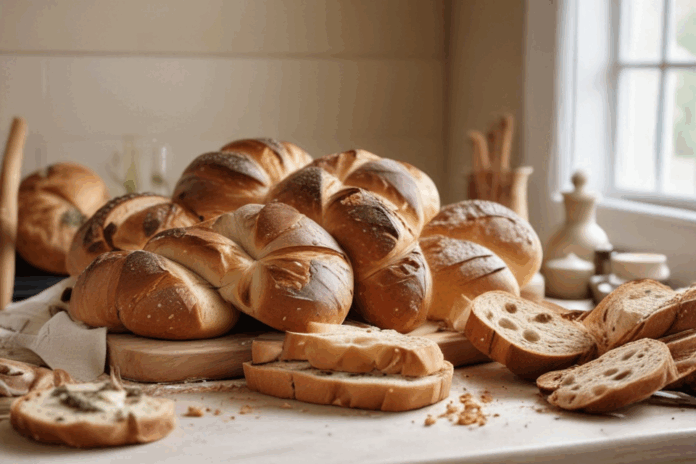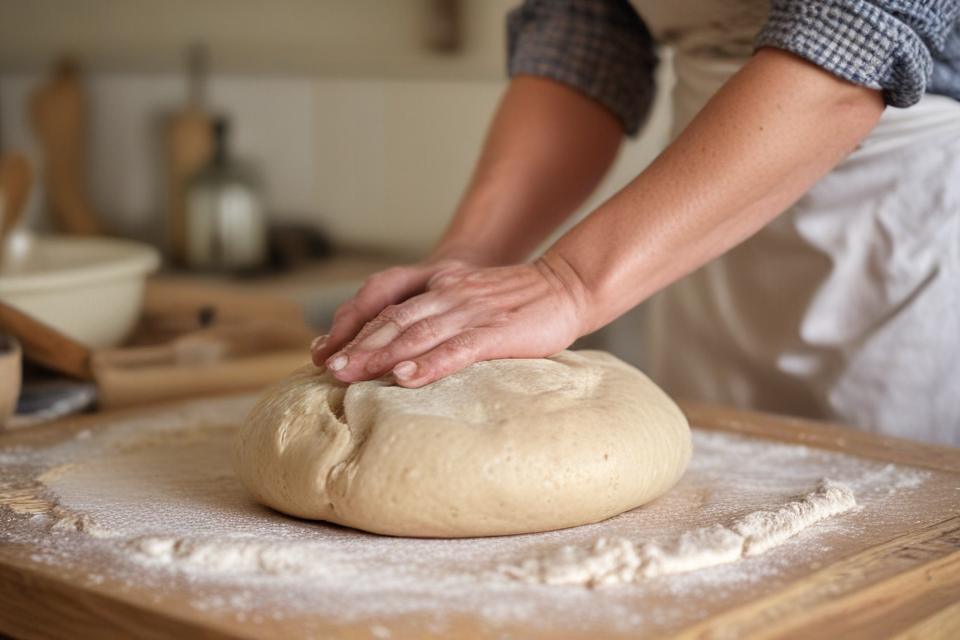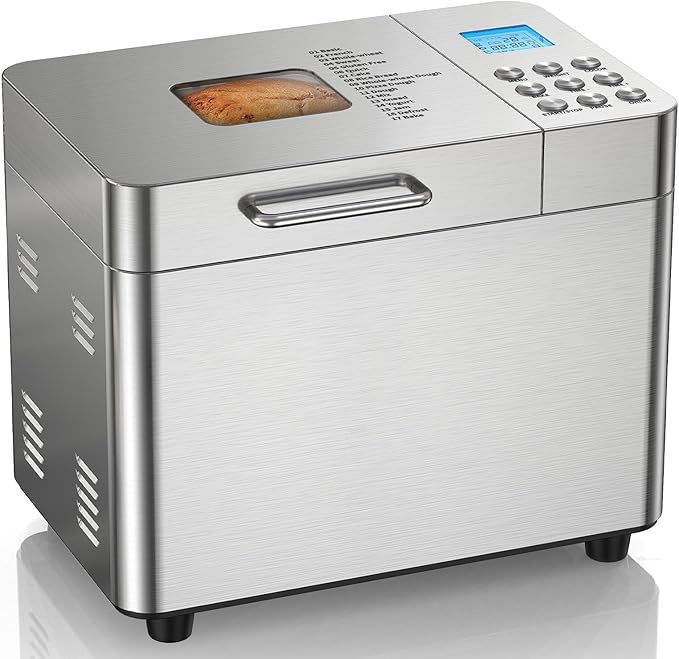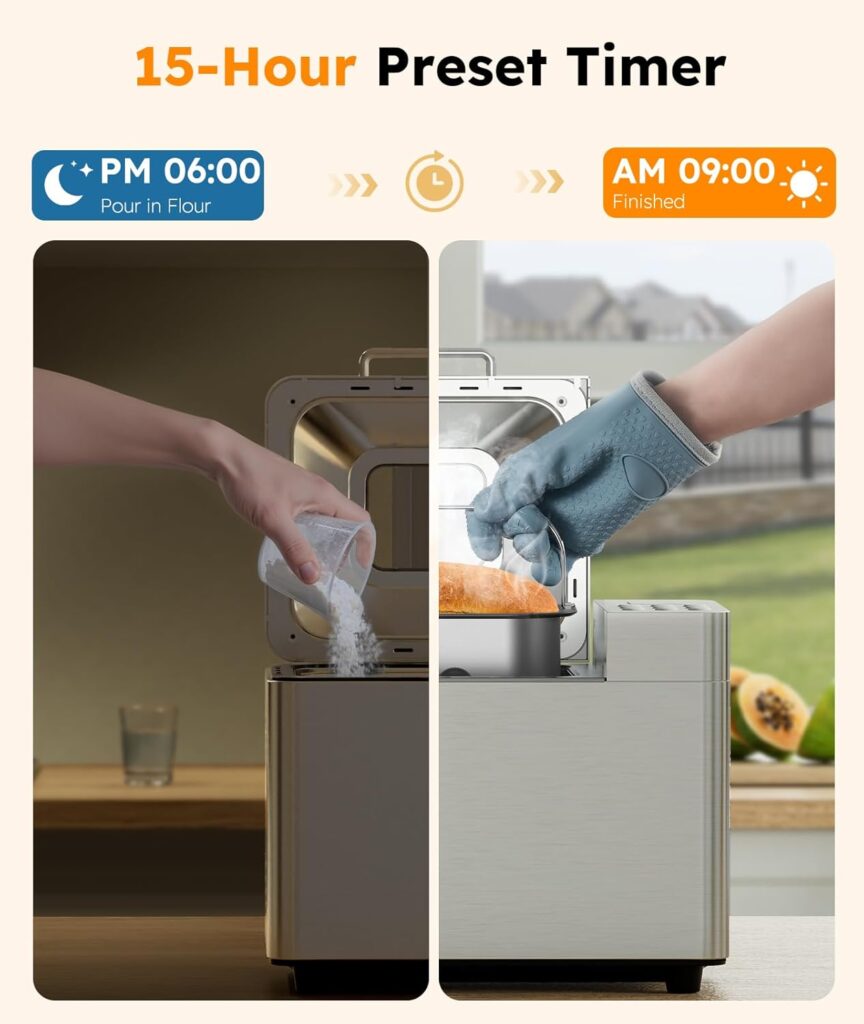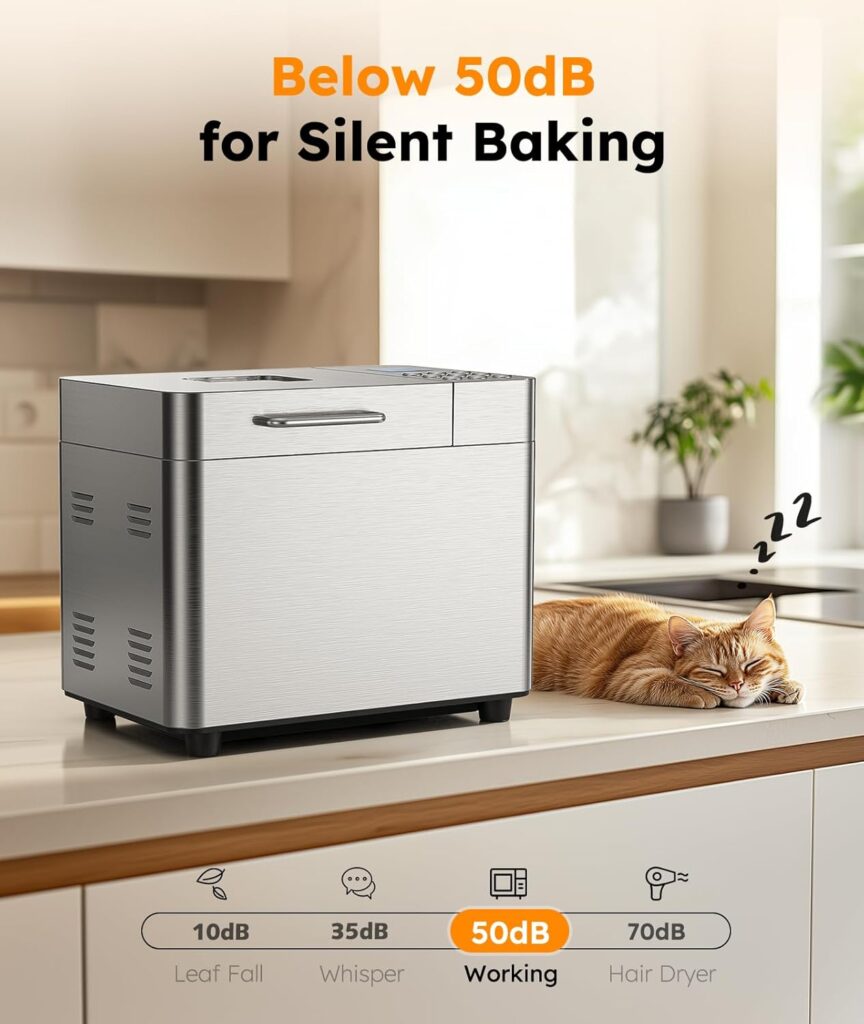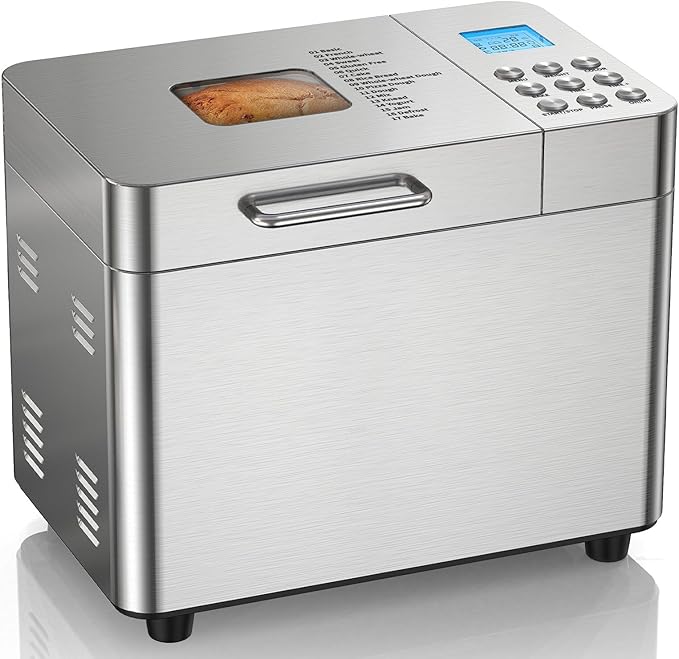It starts with an aroma: yeasty, buttery, faintly sweet. At 6 a.m. the timer dings and you realize you haven’t lifted a finger since last night—yet there’s a perfect boule waiting. That small domestic wonder is why a new generation of cooks is rediscovering the bread-making machine. What was once a ’90s fad has returned as a practical, economical, and creative tool for modern kitchens.
The all-in-one bakery that sits on your counter
Unlike stand mixers or Dutch ovens, bread machines handle every step: mixing, kneading, proofing, and baking. The latest models even have chutes and alerts “for add-ins like nuts or fruits,” letting you proof hearty rye or program banana bread at the touch of a button. That means crusty sandwich loaves on Monday and pizza dough on Friday without needing to babysit the dough.
Does it really save money? Here’s what the numbers say
The most common question is whether a bread maker pays for itself. Food52’s U.S. test found a $0.94 homemade loaf vs. a $1.88 supermarket loaf, confirming that the machine “becomes cheaper if you use it often enough” and that the bread is “ideal for toast or sandwiches,” despite potentially going stale faster.
Flavor, freedom and ingredient control
Store loaves rely on preservatives. At home, you can choose every gram of flour, salt, or sweetener. That means you can adjust crust settings from pale to dark and loaf sizes for one-person households or large families. It’s also about family health: bread machines are perfect for “people who want ingredient control” and lack the time for hand-kneading.
Who really benefits?
Anyone who enjoys bread would love a bread maker. However, we can broadly divide them into three groups. Busy parents who crave fresh bread but have limited hands-on time are the first category. The second is made up of meal planners happy to freeze slices for later. Beginners who “just add ingredients, select a program, and press start” are the third group.
Choosing the right bread maker for your kitchen
Even highly rated models aren’t flawless. These are possible issues with bread makers that you should consider:
• Some make noises that rattles the countertop during the knead cycle.
• Others have bulky footprints that hog valuable prep space.
• Some have confusing interfaces that hide critical functions where it’s hard for you to find them.
Here’s why it grabbed our attention:
• It has a 2-lb capacity that bridges single-serve loaves and family dinners.
• It features a stainless-steel housing that feels at home beside other premium kitchen equipment.
• It has whisper-quiet engineering, perfect for overnight bakes in small apartments.
The marquee upgrade, though, is a cluster of versatile preset programs, beginner-friendly controls, a delay timer, and a low-noise design that truly allow you to “set it and forget it.” You schedule the start time, wake to the smell of warm cinnamon-raisin, and never once find yourself cursing at a beeping control panel.
Real-World Scenarios Where OSIPOTO Shines
The Busy Parent – You load ingredients at 10 p.m., set the 7 a.m. timer, and set out a stick of butter on the kitchen table before bed. By breakfast, a golden-brown loaf is waiting patiently beside perfectly softened spread.
The Weekend Food Scientist- Switch to sourdough mode on Saturday, program a 20-minute rise extension, and watch the machine mimic artisanal fermentation, minus the babysitting.
The Roommate with Thin Walls – Gears with low noise capabilities stops the midnight knead cycle from doubling as a wake-up call.
Final Thoughts
So, the next time you crave a slice still warm enough to melt butter, remember: this machine can have it waiting before you’ve even opened your eyes.
Liked this article?
Read More Must Haves For Your Kitchen – Air Fryer | Espresso Machines | Cutlery | Steady Pour Coffee Gear


